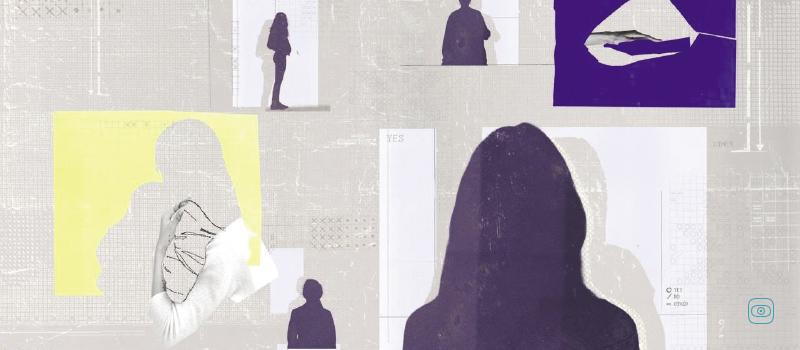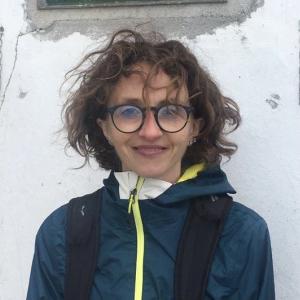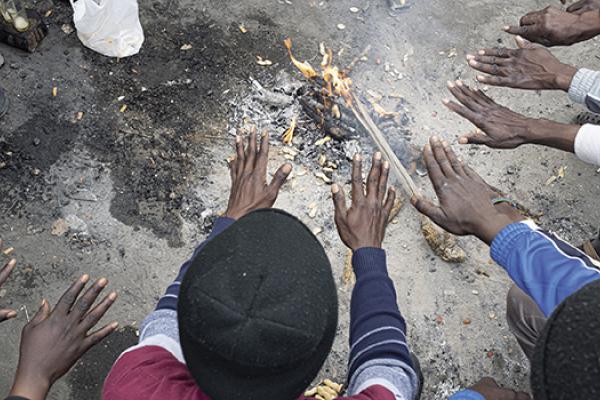Pregnancy and the postpartum period are among the most vulnerable times in a mother’s life. In Europe, approximately one in five women develops some form of mental health disorder, ranging in severity and impact from mild depression and anxiety to less frequent conditions such as psychosis. However, deep inequalities in access to care mean that the chances of receiving timely specialist treatment vary drastically depending on where a woman lives.
This cross-border journalism investigation aimed to analyse the systemic failures in prevention, monitoring and treatment services for maternal mental health care, as well as societal, economical, and cultural factors that may impact the prevalence of these conditions.
We interviewed more than 20 mothers and pregnant women in Greece, Italy, Hungary and the UK. We spoke with mental health experts, midwives and doulas, as well as NGOs working in the field, ensuring that women have access to perinatal and mental care. Our reporting team also conducted a survey, in which more than 700 women participated. The survey revelead the scale of the problem: 65% of women in the Aegean Islands had to give birth elsewhere due to inadequate infrastructure, in Italy, 70% were never asked how they felt; in Hungary, only 31% of mothers who considered seeking help actually consulted a professional, in the UK.
Through comparative data, exclusive testimonies, and a cross-country survey of mothers in four European states, our project highlighted how gaps in welfare and healthcare systems translate into invisible trauma for women. While governments promote higher birth rates to counter demographic decline, they systematically underinvest in maternal mental health. Widespread stigma, lack of
awareness, and structural gender inequality mean that every year, hundreds of thousands of women go undiagnosed and untreated.
Illustration by Galatia Iatraki






